Maria Godoy, NPR
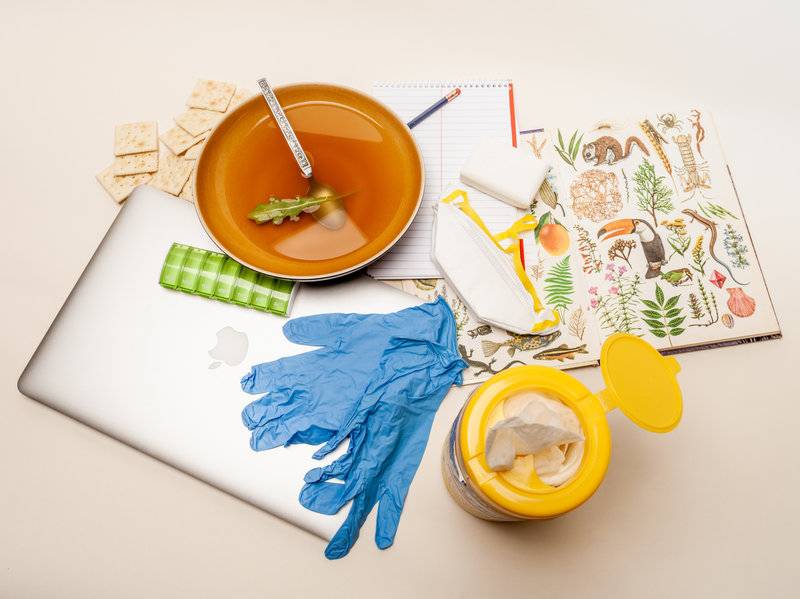
Stocking up on medical supplies and food could be helpful if the new coronavirus spreads in your community and you want to avoid store lines where you could be at risk of infection from others. (Max Posner/NPR)
The Centers for Disease Control and Prevention is telling Americans that they should be prepared for the possibility of a COVID-19 outbreak in their community.
But what does preparedness look like in practice? The short answer: Don't panic — but do prepare.
That "means not only contingency planning but also good old-fashioned preparedness planning for your family," says Rebecca Katz, director of the Center for Global Health Science and Security at Georgetown University. In other words, what you'd do in case of a possible hurricane or another natural disaster.
We spoke with Katz and other health experts about common-sense things you can do to be ready should the virus hit where you live.
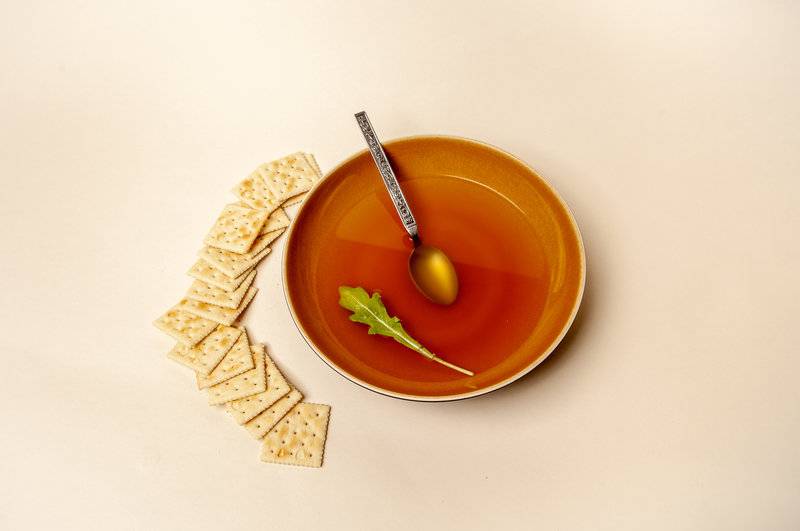
Soup and crackers. (Max Posner/NPR)
Should I stock up on food and meds?
The reason to stock up on certain products now isn't so much to avoid potential shortages in the event of an outbreak but to practice what experts call social distancing. Basically, you want to avoid crowds to minimize your risk of catching the disease. If COVID-19 is spreading in your community, the last place you want to be is in line at a crowded grocery store or drugstore.
If you take daily medications — for example, blood pressure pills — make sure you have enough to last a couple of weeks, suggests Katz, as long as you can get approval for an extended supply from your insurance provider.
Also worth pre-buying: fever reducers like acetaminophen or ibuprofen, says Edith Bracho-Sanchez, a pediatrician with Columbia University Medical Center.
Think about adding enough nonperishable foods to your pantry to carry you through for a couple of weeks, adds Amesh Adalja, an infectious disease physician and a senior scholar at Johns Hopkins University's Center for Health Security.
Bracho-Sanchez suggests having on hand your go-to sickbed foods, like chicken or vegetable broth and crackers in case of illness, as well as hydrating drinks such as Gatorade and Pedialyte for kids (though so far, kids seem less vulnerable to COVID-19). That's because if you do get sick, you want to be ready to ride it out at home if need be. So far, 80% of COVID-19 cases have been mild. (Think cold or flu symptoms.)
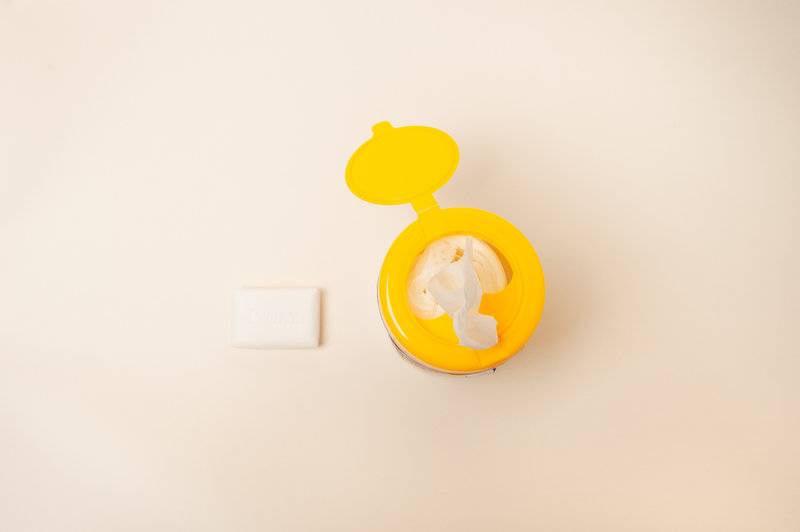
Wipes. (Max Posner/NPR)
Are special cleaning supplies needed?
We still don't know exactly how long the coronavirus that causes COVID-19 can survive on surfaces. But Stephen Morse, a professor of epidemiology at Columbia University Medical Center, says what we know from other coronaviruses is that most household cleansers — such as bleach wipes or alcohol — will kill them.
Even wiping down surfaces with soap and water should do the trick, he says, because this coronavirus has a lipid envelope around it — like a coat that keeps the RNA inside the viral particle. And soap is a detergent that can break down lipids. "We use them to take grease and oil, which is a lipid, off our dishes," he notes.
If COVID-19 does start circulating in your community or there's someone sick at home, plan on cleaning surfaces that get touched frequently — such as kitchen counters and bathroom faucets — several times a day, says Dr. Trish Perl, chief of the infectious disease division at UT Southwestern Medical Center. That advice, she says, comes from studies on other diseases "where they've shown that if you do clean up the environment, you can actually decrease the amount of virus that is on hard surfaces significantly."
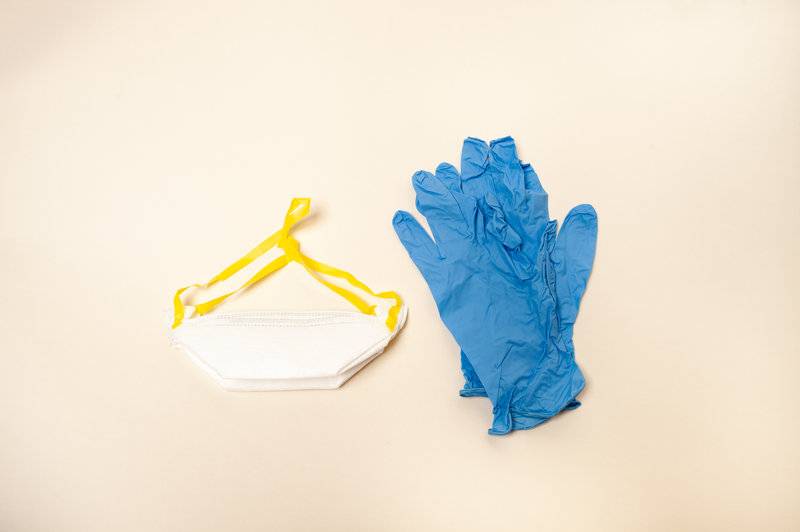
Mask and gloves. (Max Posner/NPR)
What about face masks?
The science on whether it's helpful to wear a face mask out in public is really, really mixed, as we've reported in depth. (For starters, it depends on what kind of mask you are wearing and whether you use it correctly.)
Some infectious disease experts are reluctant to recommend that people wear masks as a preventive measure because they can provide a false sense of security.
What experts do agree on is that wearing a mask is a good idea if you are sick, so you can reduce the chances that you'll infect others, whether it's family members at home or people at the doctor's office if you go in to be seen. Perl says that wearing a mask when sick is especially a good idea if you live with someone whose immune system is compromised or who's elderly, since people in their 60s and above seem to be the most vulnerable to COVID-19.
Some research suggests that wearing a mask can help protect you if you're caring for a sick family member, but only if you wear it all the time in the presence of the sick person and if you are careful not to touch the front of it, which could be contaminated with pathogens.
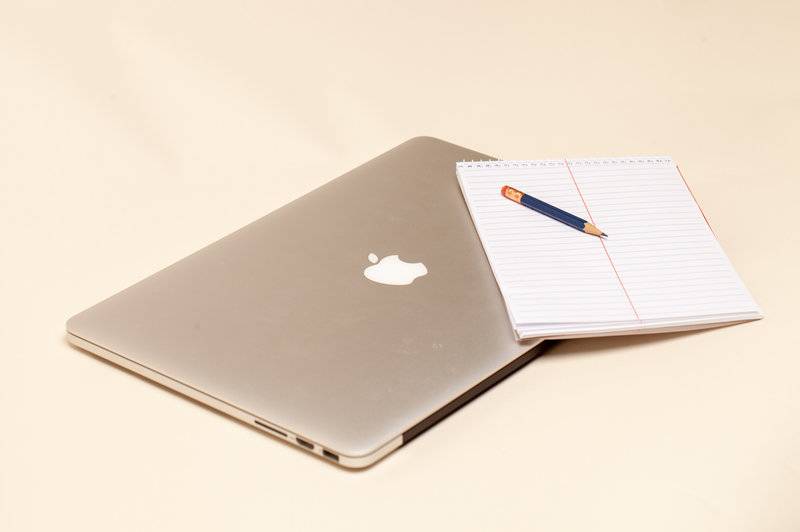
Laptop. (Max Posner/NPR)
What to do about work — and telecommuting?
Now is the time to talk to your boss about your ability to work from home if COVID-19 is spreading locally, says Morse. Obviously, if you're sick, you should stay home. But even if you are well, telecommuting makes sense in the event of a local outbreak to reduce the chances that you'll be infected.
"That might be the prudent thing for many people to do if they're able to do it," he says, especially in big cities like New York, where large crowds of people are concentrated on public transport.
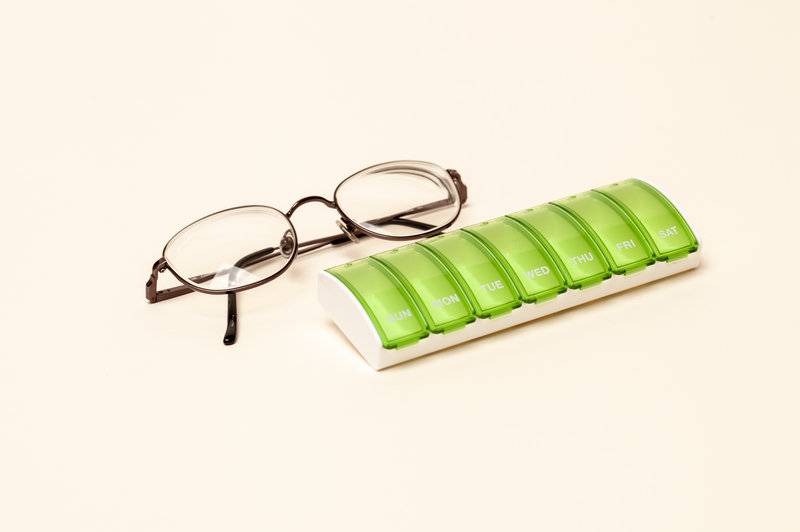 (Max Posner/NPR)
(Max Posner/NPR)
What's the plan if you get sick?
If you show early signs of illness — like a fever or a dry cough — Bracho-Sanchez says you should call your doctor's office but don't necessarily head straight to the emergency room or urgent care, where you might infect others.
"Do you really need to come into the office? Can we work this out through the phone?" Bracho-Sanchez says. "Of course, if you're having trouble breathing, if you're dehydrated, that's a different story."

(Max Posner/NPR)
Do you have a plan for kids and older relatives?
Perl and Katz suggest you start figuring out now what you would do if day care centers or schools start closing because of an outbreak. Do you have a backup child care plan in place?
"Having a plan for these kinds of eventualities now — instead of like it happened in China, where one minute things were open and the next minute they weren't — can be very helpful and a lot less disruptive," Perl says.
"For example, for me, I'm trying to think about, what if my mother gets sick? She doesn't live in Dallas," where Perl is. "What am I going to do? How am I going to get her cared for?"
Perl says it would be wise to reach out now to friends or neighbors who might be able to help in such situations.
Are there any habits I can practice at home to stay healthy?
Bracho-Sanchez suggests everyone in the house start a new habit today: Wash your hands as soon as you walk through the door.
You've heard it over and over, but one of the best ways to protect yourself against infection from COVID-19 — or cold or flu, for that matter – is good old-fashioned hand hygiene. Washing your hands frequently, as well as avoiding touching your face, eyes and nose, is a tried-and-true way to cut down on respiratory infections, Perl says.
Studies have shown that "good hand-washing and frequent hand-washing will decrease the risk of transmission of these viruses anywhere from 30 to 50 percent," she says. "You can use the alcohol-based hand gels, or you can use soap and water. It doesn't need to be any kind of antibacterial soap." And you should scrub your hands for at least 20 seconds — about as long as it takes to sing the "Happy Birthday" song twice.
Also, if you're not already doing it, start practicing good respiratory etiquette: Cough into your elbow instead of spewing virus-laden particles into the air (and wash your hands right after), and make sure to throw out your used tissues, since they might have virus particles on them.
"Those are very, very effective kinds of measures just in terms of decreasing exposure of others," says Perl.
The Coronavirus Outbreak
What you should know
9(MDI4ODU1ODA1MDE0ODA3MTMyMDY2MTJiNQ000))
 DONATE
DONATE

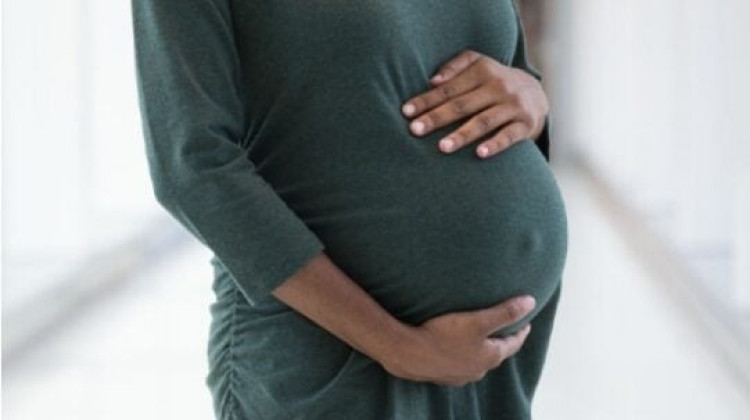



 View More Articles
View More Articles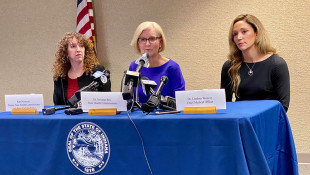


 Support WFYI. We can't do it without you.
Support WFYI. We can't do it without you.